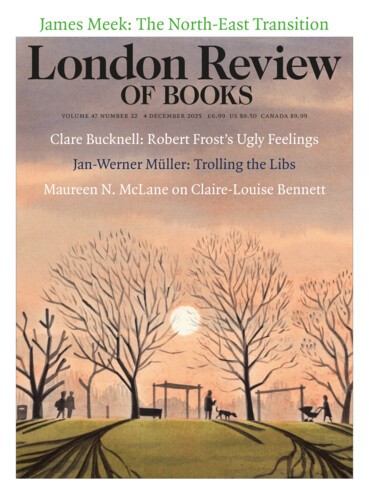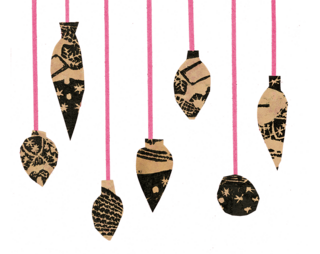Trolling the Libs
Jan-Werner Müller
What is Trumpism? After all these years, we’re still asking the question. For some, Trump’s second term has revealed the fascism that was there all along; others diagnose a peculiar combination of 1970s New York swamp politics and Southern white supremacy. One thing is beyond dispute: recent months have seen an extraordinary concentration of executive power and an unprecedented...


